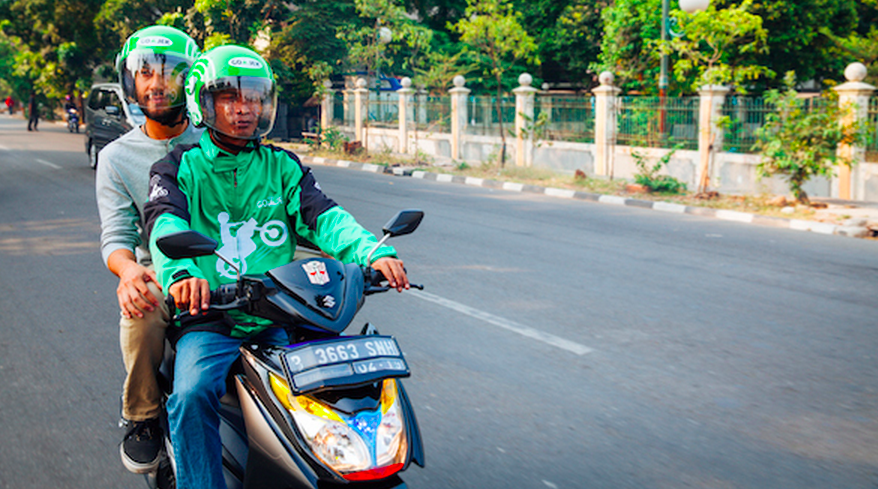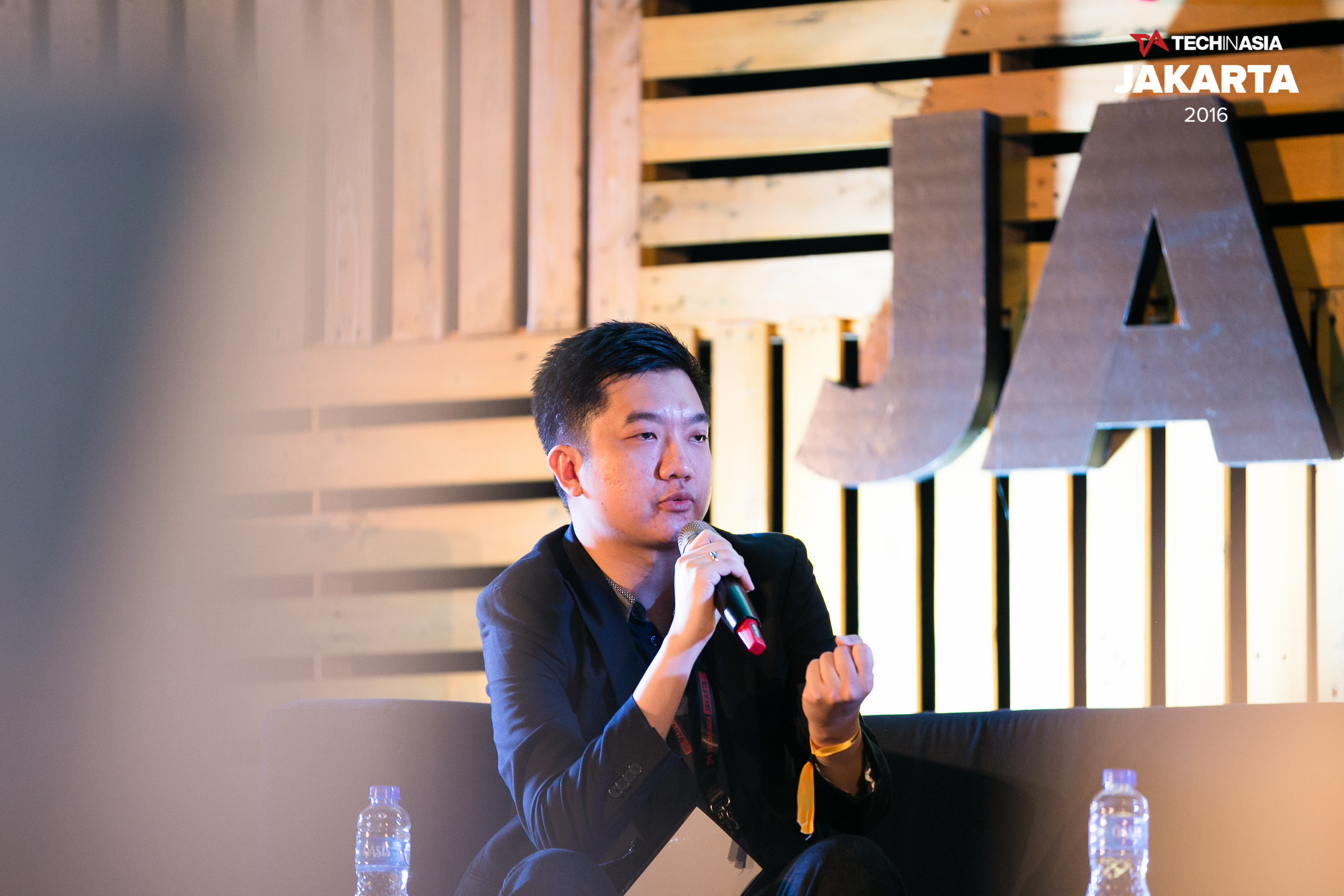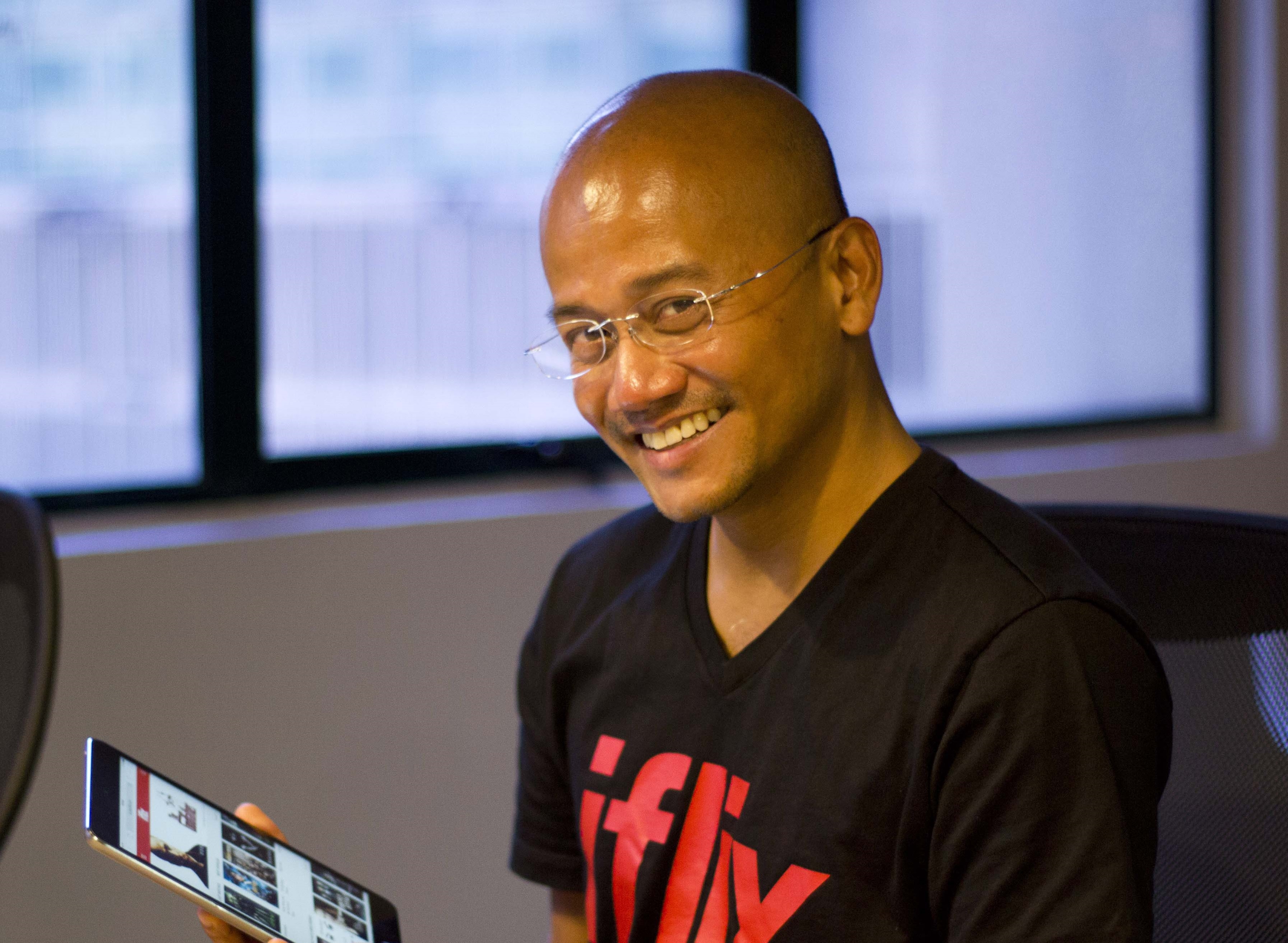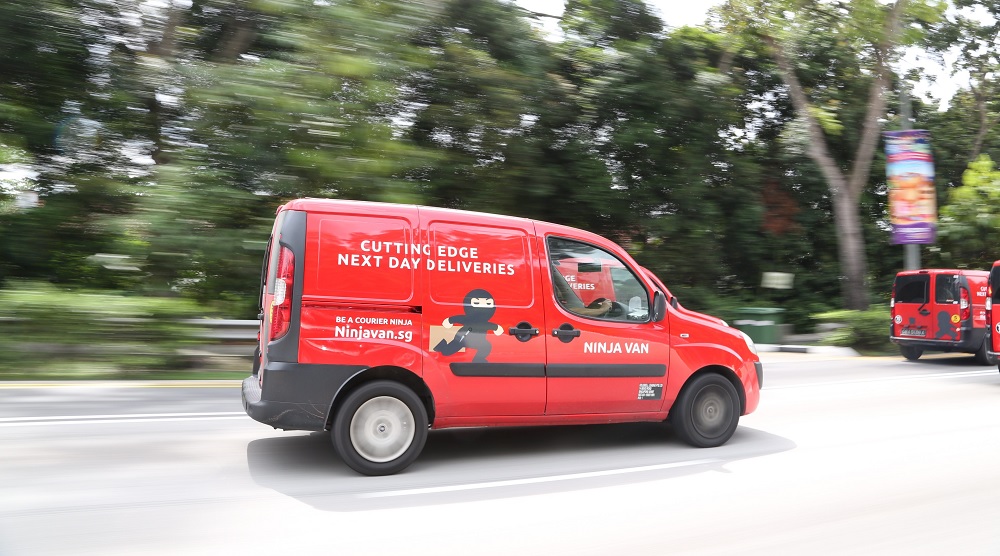
Photo credit: Ion Chiosea / 123RF.
When it comes to capital-raising in Asia, economic powerhouses China and India are leading the way.
But Southeast Asia is growing its share of the pie as investors look at emerging markets for growth. In the first half of 2016, tech investments in the region stood at US$799 million, a 69.3 percent jump from US$472 million in the same period of 2015, according to Tech in Asia data. Those numbers contradict talks of a cooling off in financing for startups.
Companies from Singapore and Indonesia, particularly those in the ecommerce, transportation, and logistics sectors, were some of the top funded. They also include some of the best known in the region such as Grab and Go-Jek.
Here are 12 of the largest funding rounds we saw in Southeast Asia this year.
Grab
Southeast Asia’s top ride-hailing app raised in September a whopping US$750 million in funding, led by Japanese conglomerate SoftBank. The round reportedly brought its cash position to US$1 billion and valued it at over US$3 billion. That makes it the second-biggest tech company in the region by valuation, next only to Garena.
Grab’s funding came a month after its investor Didi Chuxing acquired the China unit of Grab’s staunch rival Uber.
Go-Jek
The Indonesian ride-hailing stalwart ramped up its war against Uber and Grab with US$550 million in August. The investors in this huge round included KKR, Warburg Pincus, Farallon Capital, Capital Group Private Markets, as well as existing shareholders and other international investors.

Photo credit: Go-Jek.
Go-Jek started out with motorcycle-hailing, banding together thousands of Jakarta’s bike pilots in a manner similar to Uber. The company later expanded into on-demand services like parcel couriers, food delivery, cleaners, and massages. In April it challenged Uber and Grab head-on with the launch of Go-Car.
Garena
Garena became Southeast Asia’s most valuable startup after a US$170 million series D round that brought its valuation to US$3.75 billion. The funding was led by the strategic investment fund of the Malaysian government.
The Singapore-based company started off in 2009 by creating software that linked people up for multiplayer games. Then it ventured into game distribution. Garena now also owns payment network Airpay, mobile-centric online marketplace Shopee, and Garena+, a platform for people to meet, chat, and play games with one another.
Tokopedia
The Indonesian C2C marketplace raised US$147 million in July, confirmed by multiple trusted sources to Tech in Asia. The round brought Tokopedia’s known funding to a total of US$247.7 million, according to the sources, who spoke on the condition of anonymity because the terms of the deal were “strictly private.”
Tokopedia’s previous financing round worth US$100 million was led by SoftBank.

Tokopedia founder William Tanuwijaya speaking on stage at TIA Jakarta 2016.
MatahariMall
MatahariMall is a massive mid-priced online department store owned by the Lippo Group, one of Indonesia’s largest and richest conglomerates. In October, it bagged US$100 million in equity financing from investors led by Mitsui and Co as it seeks to grow its share of the archipelago’s ecommerce market. Mitsui is also an investor of Japanese online marketplace Mercari.
Elevenia
Another ecommerce player in Indonesia, Elevenia topped up with a US$50 million investment from its existing investors in February. The marketplace is a joint venture of South Korean company SK Planet and Indonesian telco XL Axiata, which put in an initial combined capital of US$36.6 million in the startup when it launched in 2014. Elevenia claims to have clocked in US$95 million in revenue last year.
iFlix

iFlix CEO Azran Osman-Rani. Photo credit: iFlix.
In March, Rupert Murdoch’s European broadcaster Sky ploughed US$45 million in Catcha Group’s iFlix, Southeast Asia’s answer to Netflix.
The funding comes two months after Netflix upped its game, expanding to 130 nations around the world.
iFlix itself will launch in new markets and the funding from Sky will fuel this plan. “In response to both the rapid growth and customer adoption in our existing markets and strong demand from new markets, we have decided to accelerate our expansion plans for the business sooner than expected,” its co-founder Mark Britt said.
iFlix is available in Malaysia, Thailand, Indonesia, and the Philippines. It raised a US$30 million series A round last year to boost its rollout in Southeast Asia and emulate Netflix in producing original content.
Paktor
Singaporean startup Paktor was on a roll, grabbing funding twice this year.
Launched in 2013 as a dating app, the startup has evolved into a service connecting people beyond romantic interests. Classic online matchmaking is still part of the package, but the app also offers things like interest-related group chats. The particular strength it’s banking on – and the one it hopes will help it monetize – is getting people to gather offline, for example at events for singles, workshops, or personal consulting sessions.

Photo credit: Paktor.
Paktor raised US$10 million in July and another US$32.5 million in October from investors K2 Global, Vertex Ventures, MNC Media, Majuven, Convergence Ventures, and Yahoo Japan Capital.
Trax
Trax from Singapore scored US$40 million in a series C round from existing investors in June. The amount brought its tally for the year to US$78 million.
Trax applies computer vision technology to retail and the fast-moving consumer goods (FMCG) sector – packaged products ranging from soft drinks to processed food. The tech has many applications, all made possible by taking pictures of products with a smartphone camera and having the company’s own online engine analyze them. It enables FMCG brands to have more control over how their products are arranged on retailers’ shelves and helps consumers get more information on the products in front of them.
Carousell
Singapore’s shopping app Carousell took another step toward growth with the announcement of a US$35 million series B funding round in August. The investment was led by Rakuten Ventures, with Sequoia India, Golden Gate Ventures, and 500 Startups also contributing some of the cash.

Photo credit: Carousell.
Carousell blends new and used items sort of like a classified listings site except that it’s all done in a streamlined mobile app. The team behind the app has taken it to six markets in Asia.
Astroscale
Astroscale raised a series B worth US$35 million in March from investors including venture capital firm Jafco and the Innovation Network Corporation of Japan.
The Singaporean-Japanese startup builds micro satellites that detect and remove space debris – the human-produced litter that has resulted from all our space-related activities over the past decades. Debris orbits the Earth at speeds of 7.5km per second and poses a danger to spacecraft and astronauts. It’s also an environmental hazard.
Ninja Van
Last-mile logistics provider Ninja Van joined Carousell and Astroscale in the series B stage, having raised US$30 million in April from the Abraaj Group and investors like Monk’s Hill Ventures, B Capital, and Yahoo Japan Capital.

Photo credit: Ninja Van.
Ninja Van has quickly emerged as one of the most notable last-mile logistics services for ecommerce companies in Singapore. It now operates in five other markets in Southeast Asia: Malaysia, Indonesia, Thailand, Vietnam, and the Philippines. This pits it against several other startups trying to crack the logistics puzzle in the region.
This post The 12 biggest funding rounds in Southeast Asia this year appeared first on Tech in Asia.
from Tech in Asia https://www.techinasia.com/biggest-tech-funding-rounds-southeast-asia-2016
via IFTTT

No comments:
Post a Comment